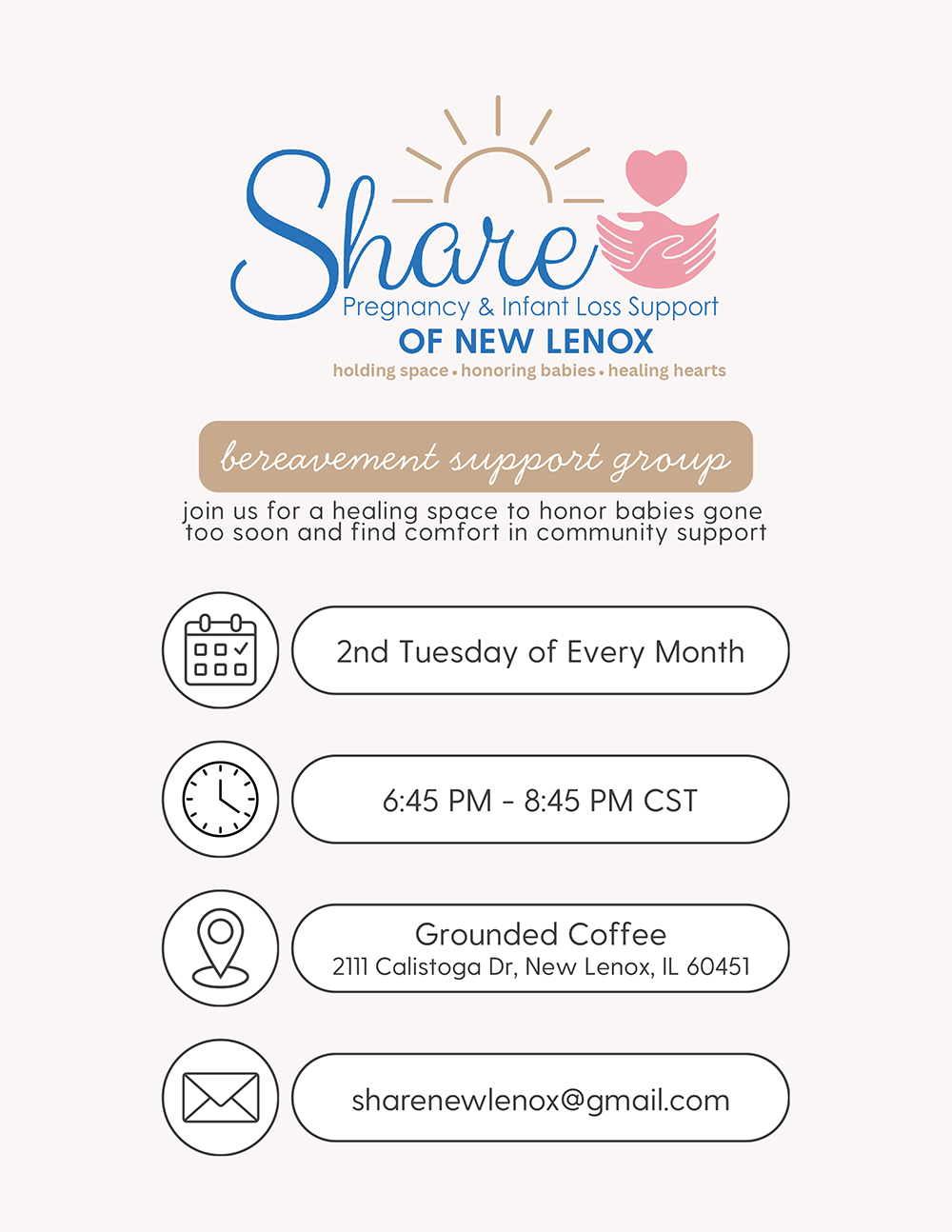Infertility
“Are you planning to have a baby?”
Many childless couples are asked this question by well meaning family and friends. It can be a painful question. Maybe you have been trying to conceive, but it just hasn’t happened yet. If you have been trying to conceive for over a year, and have not become pregnant, you may have a fertility problem. Infertility is described as the inability to become pregnant despite trying for one year.
According to the American Society for Reproductive Medicine, infertility affects more than 6 million Americans, or about ten percent of the reproductive age population. Infertility can be a crisis in your life. Feelings of helplessness, hopelessness, depression, anger, and frustration can fill the day. These emotions can carry over to your job and how you relate to your family/friends.
Infertility can be due to either female problems or male problems. About one third of all infertility cases are due to a combination of both partners contributing to infertility problems.
At birth, a woman has all the eggs she will ever have. As a woman ages, many of her eggs will have become less viable. As an egg ages, it is more likely to develop a chromosomal abnormality. This is a common reason for miscarriage.
The main causes of infertility are related to a lack of ovulation and sperm disorders. In general, some factors affecting fertility include:
Fallopian tube problems
Ovulation problems
Endometriosis
Aging
Pelvic adhesions
Early menopause
Hormonal disorders
Uterine fibroids
Cancer treatment
Abnormal sperm production
Impaired sperm delivery
Health and lifestyle reasons
Stress
Poor nutrition
Obesity
Cancer treatment
Alcohol usage
Drug abuse
Medical conditions related to amenorrhea, absence of menstrual bleeding
Diabetes
Kidney disease
HIV/AIDS
Thyroid disease
Anorexia
Polycystic Ovary Syndrome
Cushing’s disease
If a couple has been trying to conceive for over one year, and no pregnancy has taken place, it is time to seek specialized medical help. Discuss your concerns with your obstetrician/gynecologist or a fertility specialist. A reproductive endocrinologist has advanced training in the area of infertility. If a woman is 35 years or older, she is advised to seek a physicians help after 6 months of trying to conceive.
What testing is involved in an infertility workup?
Both the female and male will be tested during an infertility workup. Testing may include:
History and Physical exam
Blood tests
Semen analysis
Cervical mucus tests
Ultrasounds
Hysterosalpingogram to ensure the tubes are open
Laparoscopy
Endometrial biopsy
How is infertility treated?
Treatment should be individualized. Every couple is different, and fertility treatment should reflect that. Infertility treatment depends on the cause and duration of infertility. Almost 90 percent of infertility cases are treated with surgery or medication. Some treatment options include:
Surgical intervention
Ovulation inducing/regulating drugs
Health and lifestyle modifications
IVF (In vitro fertilization) involves retrieving eggs, fertilizing them with sperm, and then placing the embryos into the uterus.
GIFT (Gamete Intrafallopian Transfer) involves collecting eggs from the ovaries, placing them with sperm, and then injecting them into the fallopian tube for fertilization.
ZIFT (Zygote Intrafallopian Transfer) combines IVF and GIFT, eggs and sperm are fertilized in the lab, and returned to the fallopian tubes.
ICSI (Intracytoplasmic Sperm Injection) the injection of a single sperm into an egg. The fertilized egg is then placed into the woman’s fallopian tube or uterus.
What can you do now to promote pregnancy?
First of all, do what you can to lead a healthy lifestyle. To enhance your fertility…stop smoking, stop drinking alcohol, and stop abusing drugs. Make sure you are eating a balanced diet, maintaining a normal weight, and getting regular exercise. Review your medications and ask your doctor if any medications are affecting your fertility.
How do you and your partner cope with infertility?
Dealing with infertility can be draining, to say the least. Treatment has an impact on the couple physically, emotionally, and financially. Treatment can involve many trips to the doctor’s office, keeping laboratory appointments for needed testing, and purchasing fertility medications. Also, about five percent of the couples choose to pursue assisted reproductive technologies (ART), they can spend $20,000.00 or more.
Emotionally, you can feel that you are on a rollercoaster. Infertility might cause negative feelings between you and your partner. Blame and resentment can surface, not to mention guilt and anger. Each month you are hoping that this will be the month that you will find out you’re pregnant. When you find out that you have not conceived, again you will deal with the emotional pain and disappointment. How can you go through it all again next month? We all deal with stress differently. Ask your doctor about counseling services, if needed.
There is help for infertile couples. Seek medical advice. Find a doctor you can trust. Sit down with your doctor and discuss your options.
For More Information









